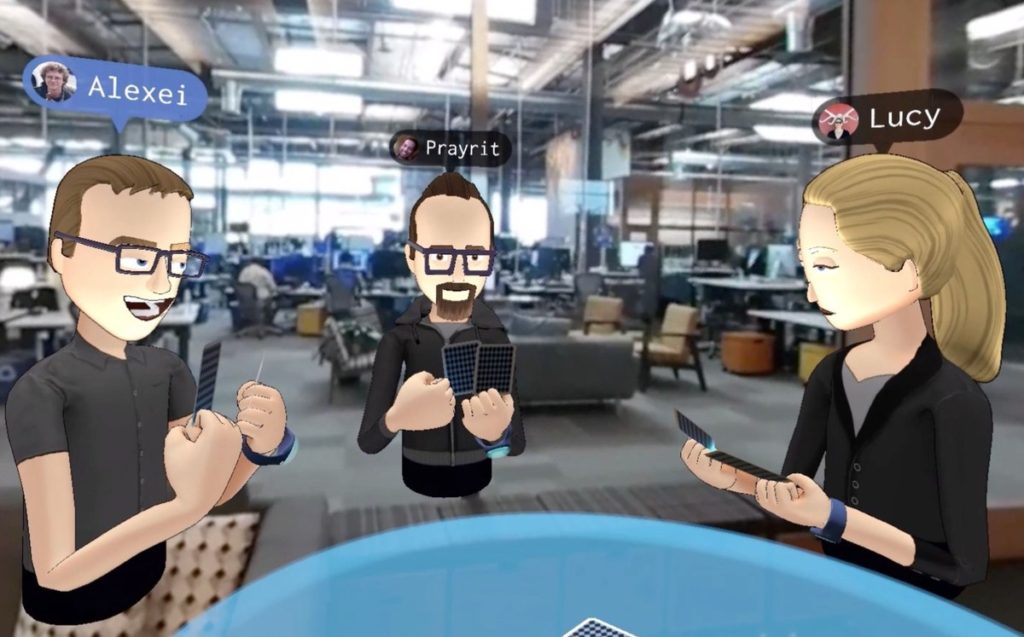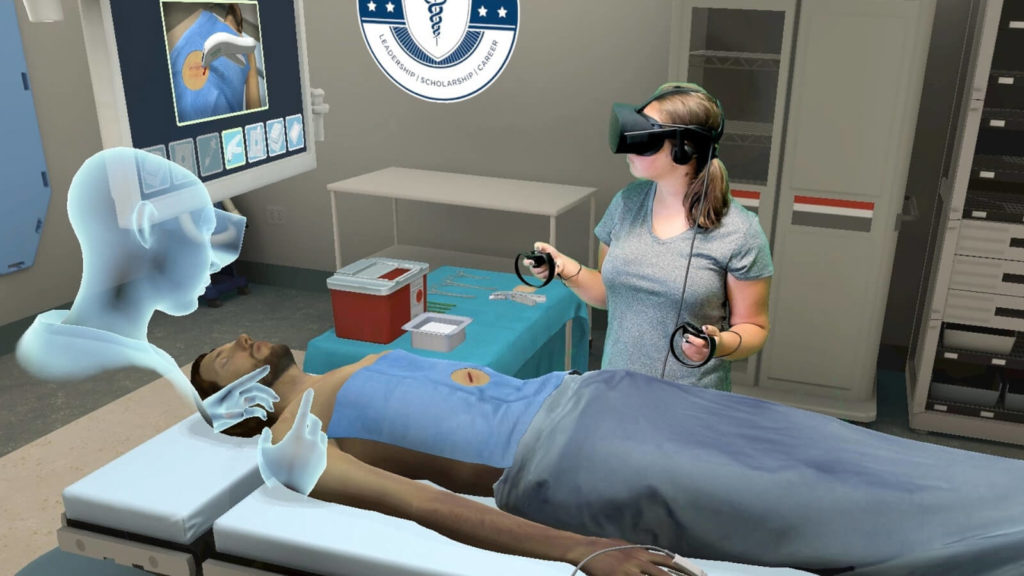With the vaccine for COVID 19 nowhere near to be found, people are forced to be grounded with only certain officials being allowed to work outside. Such conditions have affected a large number of businesses that cannot bear further losses. With the lockdown intact, the majority of companies have opted for the ‘work from home’ model, forcing many companies to go digital. And this digital wave has jumped the demand for solutions like AR, VR, and MR, more than two and a half times in the last month, according to Hemanth Satyanarayana the chief executive officer of Imaginate. He further elaborated, “The main demand comes from manufacturing companies, which need to constantly train their staff, but may not have the option to send physical trainers anymore. Along with this, remote troubleshooting for high-end machinery is also propping demand”.
One question we often come across is how VR is better than a video call in terms of business/educational solutions? VR is able to provide a 3D view that is more detailed and can help in situations where precision is required. In terms of education, the biggest aspect VR can provide is increased student concentration level, due to a more exciting engagement method. Satyanarayana said a huge number of educational institutions in India recently asked for a VR demo to conduct lectures. And in terms of business, it can also give a real-world feel of being in an expo or a conference.

Another sector in critical circumstances due to this pandemic is the health sector. Usama Riaz, a 26 years old Pakistani doctor just recently died while getting infected during the treatment of coronavirus patients. This being just one of the examples, multiple cases came forward and XRHealth took the initiative to introduce virtual reality, to minimize the interaction with the patients. Pairing up with Sheba medical center XRHealth will be providing VR headsets for the initiative. Those who have had exposure to the virus will be grouped in a special quarantined area. And with the use of multiple technologies (including the VR headsets), Sheba medical center staff will be able to continuously monitor those quarantined while having very limited physical interaction. The tech will not only serve to interact with the patients but will also provide relief from isolation, stress, and anxiety for those in the quarantine center.

With the world on its knees, multiple researchers are looking for a cure and the collaboration of the best possible minds around the world is needed. Stefan Siemann, a researcher at Laurentian University stated, “I think this is where education will go for chemistry, biochemistry and probably other disciplines. In this case, you even collaborate with people around the world so they can enter the same virtual reality world where you can talk to them, interact with them and work on the protein (cure) together.” Working together seems to be the only way out of this scenario and the barriers to distance and physical interaction both can be solved through the help of VR.
The importance of VR is on its peak, although it comes in these undesirable circumstances. With physical interaction being avoided, virtual reality seems to be the ray of hope.
